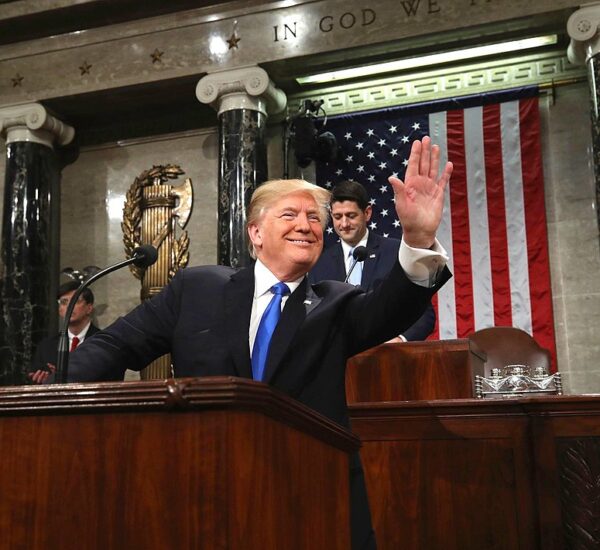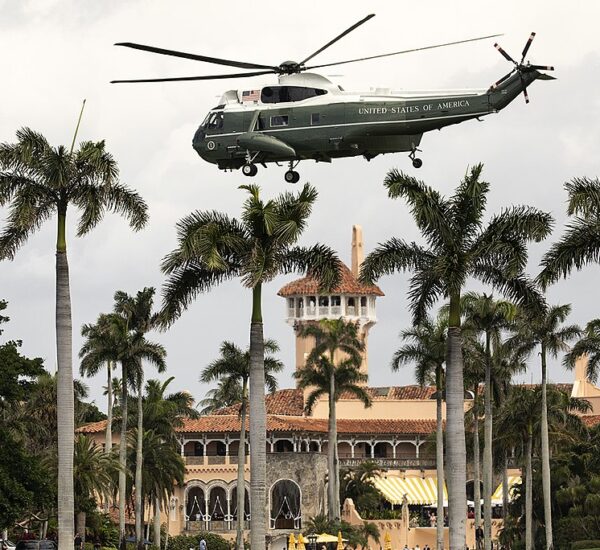Trump is getting closer and Washington is watching.
President Donald Trump’s administration is taking bold action to secure America’s borders and protect U.S. citizenship. The Justice Department is officially asking the Supreme Court to rule on the constitutionality of Trump’s historic executive order ending automatic birthright citizenship for the children of illegal immigrants.
This dramatic move could reshape America’s immigration system and finally close a decades-old loophole that critics say encourages illegal immigration and “birth tourism.”
Trump’s Executive Order: What It Does
On his first day back in office, President Trump signed a powerful executive order declaring that children born in the United States will only receive automatic citizenship if at least one parent is a legal permanent resident.
For decades, the 14th Amendment has been interpreted to give citizenship to nearly anyone born on U.S. soil — even if their parents are here illegally or temporarily, such as tourists or foreign workers.
Conservatives have long argued this interpretation is wrong and never intended by the Constitution’s authors. The amendment, written after the Civil War, was meant to ensure citizenship for freed slaves — not to reward illegal border crossings.
Why This Case Matters to America’s Future
This fight is about more than just one policy. If President Trump wins, it will:
- End birth tourism, where foreign nationals travel to the U.S. to have children who automatically gain citizenship.
- Stop the abuse of U.S. welfare systems by families who gain access through birthright citizenship loopholes.
- Deter illegal immigration by removing one of the biggest incentives to cross the border unlawfully.
- Strengthen national security, ensuring citizenship is a privilege, not an exploited loophole.
The Legal Battle Heats Up
This is not Trump’s first showdown with the Supreme Court over this issue.
In June, the Court blocked lower courts from issuing nationwide injunctions against Trump’s order, but it didn’t rule on the constitutional question itself. Liberal activist judges have since used loopholes to keep Trump’s policy frozen nationwide.
Now, the Justice Department is taking the fight directly to the highest court, appealing two key cases:
- A Seattle-based appeals court siding with Democratic-led states that want to preserve birthright citizenship for illegal immigrants.
- A New Hampshire federal case where the ACLU is pushing to permanently block Trump’s order.
Solicitor General D. John Sauer stated in Friday’s filing:
“The lower courts undermined border security and unlawfully conferred U.S. citizenship on hundreds of thousands of individuals who have no rightful claim to it.”
When the Decision Could Come
The Trump administration is urging the Court to hear the case this term, with a final decision expected by next summer.
This means the 2025 election season could see a major ruling on one of the most controversial immigration issues in modern history — with the Supreme Court likely playing a pivotal role in shaping the future of American citizenship.
The Bigger Picture: Trump’s Immigration Agenda
Birthright citizenship is just one battle in President Trump’s broader plan to secure America’s borders.
This fall, the Court will also hear cases on:
- Trump’s tariffs, aimed at protecting American workers and industries.
- The president’s authority to fire unaccountable federal agency leaders.
These cases represent a larger effort by President Trump to restore constitutional balance, rein in the administrative state, and put Americans first.
What’s at Stake
If Trump wins this case, it would be one of the most consequential immigration rulings in U.S. history.
For decades, the automatic granting of citizenship to children of illegal immigrants has strained schools, hospitals, and taxpayer-funded programs — all while encouraging more unlawful border crossings.
By ending this practice, President Trump seeks to defend the meaning of American citizenship and protect the rights of law-abiding citizens.
Bottom Line
This is a make-or-break moment for America’s immigration policy. The Supreme Court’s decision will determine whether citizenship remains a sacred privilege or continues to be handed out to those who break our laws.
President Trump has made it clear:
“Our country will no longer reward illegal immigration. American citizenship belongs to Americans — not to those who violate our borders.”
Stay tuned as this historic case unfolds — it will shape America’s future for generations to come.






